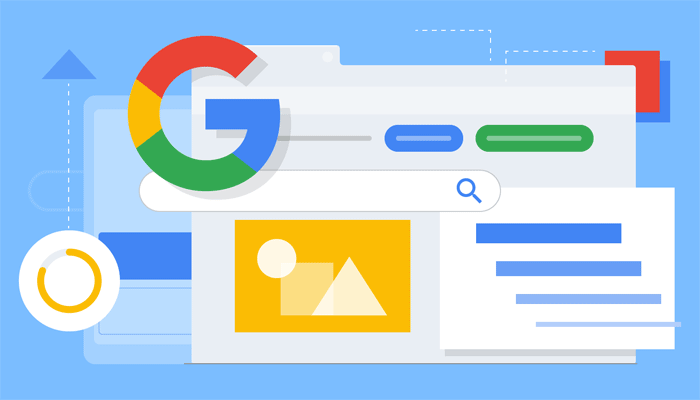
Please call or text me to find out about my services.
| CALL or TEXT 609-914-1318 |

While ranking close to the top of Google search results means that more people can find your company when they're searching for your services, it doesn't mean they will. Or if they do, it doesn't mean they'll call you. Conversely, not ranking well in Google means that prospective customers can't find you (unless you're doing other forms of marketing, such as social media, or you get most of your work by word of mouth), which can directly impact the number of calls you get. So knowing where you rank in search results can be very helpful.
This blog doesn't get into Google search ranking factors, only how you see where you're ranking in Google search results.
There are automated services that attempt to provide you with the location where your site ranks in Google Search results for specific search phrases. Even Google Analytics offers that function. However, this is something that can only be done manually, by eye, to get an accurate answer. That's because you have to compare apples to apples when determining where you're ranking. It's the same concept as weight classes in boxing. You wouldn't attempt to pit a featherweight against a heavyweight, so you can't try to determine where you're ranking among search listings that are in a different "class" as your website.
Knowing where your website ranks in Google search results for any given search term is not as straightforward as it was years ago. These days, you have to get past a lot of other content before even seeing any organic website listings. So while your site may have ended up in the #1 spot many years ago, these days that #1 spot may now be a #10 or #15 spot, and there's nothing you can do about it unless you pay for Google ads.
Here's some of the content that can appear before local organic website listings in Google search results:
After all of this content, then you'll start seeing some organic listings for small, local companies. But only maybe 8 or 10 of them, before all of the above content repeats all over again. Why does that happen? Because up until 2021 on mobile devices, and December 2022 on desktop, Google search results consisted of a specific amount of content per page, and at the bottom of the page you could go to the next page. Now search results are on a continuous scroll, so there are no individual pages anymore (although at a certain point, equivalent to around 13 pages using the old method, you do encounter a "More results" link). Trying to get listed on "Page 1" is an outdated idea now, because there is no Page 1; you just want to rank as close to the top of "the page" as possible.
Using the search term "new jersey hvac companies", after all of the content above, the first organic listing appears in the 10th spot on the page. However, if you compare "apples to apples" and don't consider that extra content which no local, organic listing can compete against, the first organic listing is actually in the #1 spot on the page. The 13th is in the #2 spot (not #4, because the two listings above it are an online magazine consisting of 45K pages, and the New Jersey Consumer Affairs website). Now you're comparing where your organically listed small company website ranks in relation to other organically listed small company websites. And that is more honest, fair and accurate, especially if you're working with a company that handles your website's search engine optimization services.

|
CONTACT ME
|
HOURS 7 Days/Week
8:00am-6:00pm |
PAYMENTS
|
CONNECT
|
